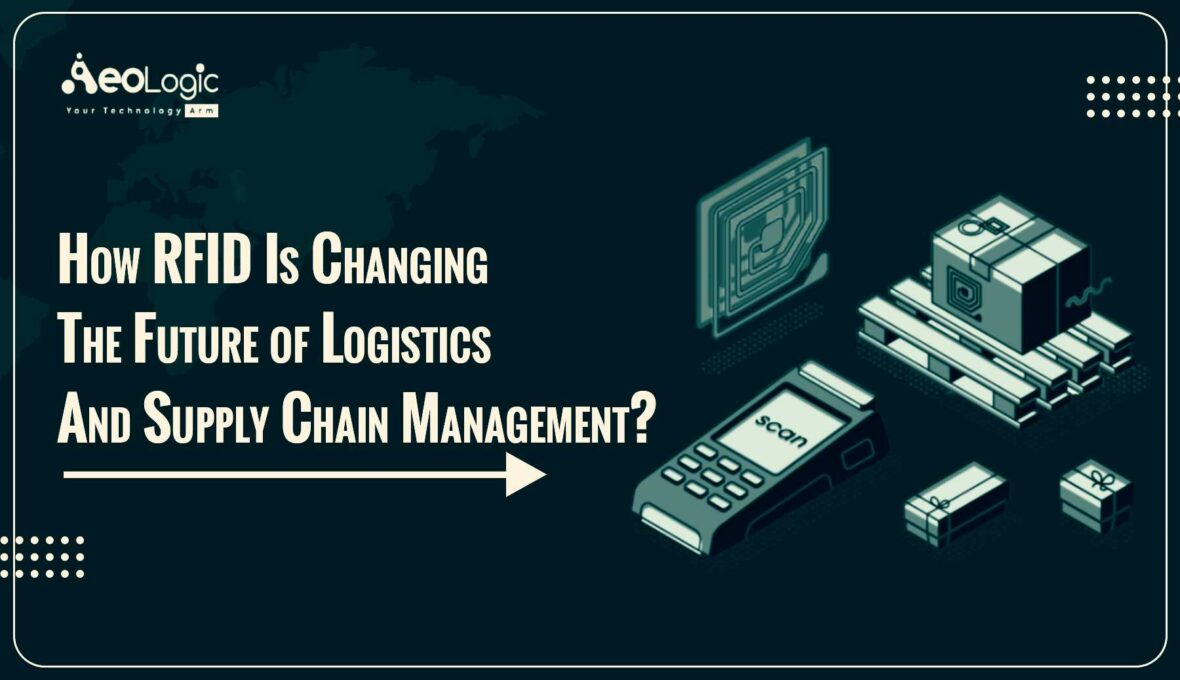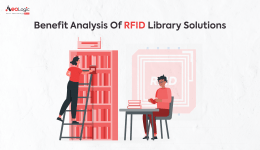Radio Frequency Identification(RFID) is proven to be a game-changer in the task of tracking, identifying, and maintaining the object appropriately and accurately. This technology has shown its prominent and profound results in every industry.
The Impact of RFID
By implementing RFID to the workflow the business owner has seen drastic changes in the work process, it smoothens the process of managing the products that can be either an object or bird or animal too.
The global pandemic has forced logistics and supply chain professionals to revisit their procedures in order to deliver a greater level of service excellence.
Digital transformation through RFID technology can help to quickly achieve this goal.
Still unsure if it is a worthy investment?
We get it. It’s okay to be unsure at the start, keep on reading the blog by the end of it your lack of surety will be confidently converted into surety.
The RFID technology provides the user with a better cost-efficient option ensuring seamless implementation for logistics and supply chain automation.
Technology Will Change the Future of Logistics and Supply Chain
Following are the ways the radio frequency identification(RFID) technology will change the future of logistics and supply chain:
1. Rfid Inventory Tracking and Management Solution- This can be used at various levels of automation depending on the level of operations. It can be used for tracking item-level ballets, boxes, containers, and shelves. The item information is linked to the UHF RFID tag using a UHF RFID reader or a gantry it automatically detects and records the in and out of goods in the warehouse providing the user with real-time information of the goods.
2. Not as a Barcode – Unlike traditional barcode RFID offers accurate bulk scanning which will eradicate human errors and ensure huge savings in labour costs. The RFID technology does not require line of sight which on the other hand is a must in the usage of barcode technology.
3. Identification of Inbound Vehicles and Outbound Delivery to the Client- The implementation of RFID technology automates your logistics workflow including managing multiple deport locations and delivery vans trucks other vehicles and even driver identifications. This solution also complements GPS fleet management subscriptions. It gives complete control and effective tracking to monitor the object at every level of the supply chain.
4) Increased in Customers’ Satisfactory Level – The RFID technology depicts the accurate identification of the object and provides real-time tracking to the customer as well. This enhances the customer’s feelings of being connected with the logistics service provider as they are taking care of their shipment effectively. Also at the time of delivery, the business owner will also have a sense of surety that they are delivering the right product and the right quantity.
5. Effective Analytics – The data generated with the implementation of RFID technology gets stored in the cloud-based software that enables the business owner to view and analyze the reading information at any time. It can be used to give indications about the inventory if it comes down to a certain threshold that enables the business owner to manage the inventory accordingly. This results in effective and efficient decision-making that will be beneficial to the business.
Conclusion
To conclude we’ll say that to reap the benefits of the radio frequency identification(RFID) technology in the future one should start implementing it today. It surely gives promising future benefits to the logistics and supply chain industry.






